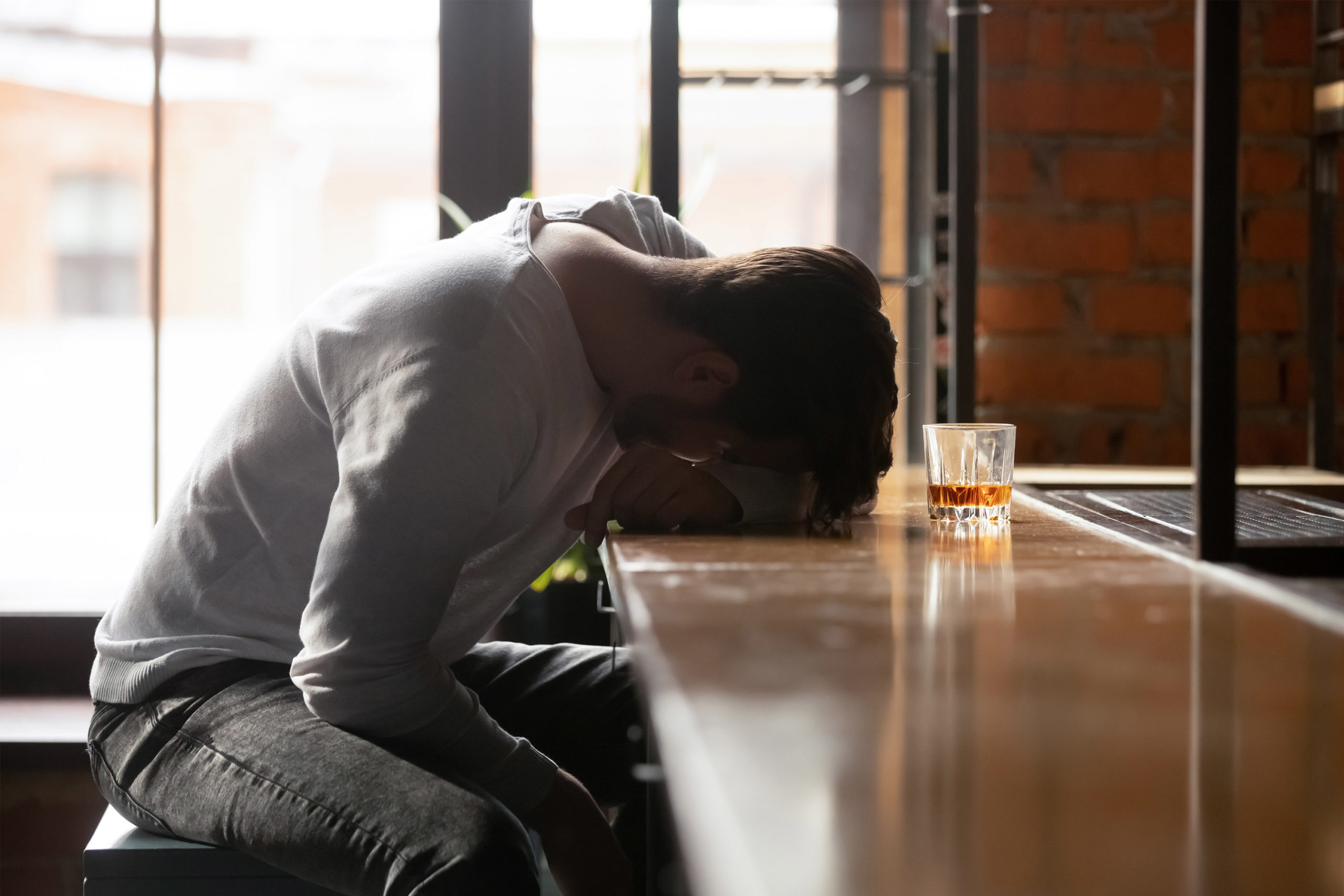Intoxication as a Defense in Criminal Law

Intoxication as a Criminal Defense
Intoxication may be an available defense in a criminal case. The defendant may claim in a criminal trial that, due to intoxication, he or she was not aware of his or her actions and did not know what he or she was doing.
The defense is based on a common law principle that a person who ingests an intoxicant without awareness of its effects or does so without their knowledge, cannot be held to account for their actions.
Intoxication is generally associated with alcohol. The law does recognize though that intoxication can occur due to any drug or substance, causing adverse effects, including even medications prescribed by a doctor.
Whether intoxication is applicable, and as equally important, whether it will be effective depends on several factors, including whether intoxication was voluntary or involuntary and the level of intent associated with the criminal charge.
Involuntary Intoxication
A defendant may be involuntarily intoxicated by accident, through the fault of another, or perhaps because of a psychological condition beyond the control of the defendant.
If someone tricks another person into consuming alcohol or drugs (eating a brownie laced with drugs like marijuana or PCP, for instance, or spiking a drink with a date rape drug), these are cases that would constitute as involuntary intoxication. Involuntary intoxication may also occur if a person is forced to consume drugs or alcohol.
Involuntary intoxication can be a particularly effective defense if involuntary intoxication prevents the defendant from forming the intent required for the crime. Some crimes occur because the defendant intends to commit an illegal act. Take “assault” as an example. This crime requires an “intent to cause harm.” If a person becomes violent, irrational, and aberrant because of involuntary intoxication and assaults another person, the defense may argue involuntary intoxication prevented the defendant from forming an intent to cause harm. The defense may also argue that, due to involuntary intoxication, the defendant was unable to judge right and wrong and was unaware of his or her actions.
Voluntary Intoxication
Voluntary Intoxication is a criminal defense for only certain crimes. The defense tends to be less effective. The court is less likely to accept the defense of intoxication if the defendant willingly and knowingly took drugs, medication, or consumed alcohol.
Voluntary intoxication is most commonly used if the defendant, due to intoxication, is unable to form the criminal intent required to commit a crime. A defendant may use the defense in a case of a robbery, as an example, if he or she was unable to form the intent required to commit the crime.
The burden then rests on the defendant to prove his or her case that intent was indeed lacking. Voluntary intoxication, if found, may not eliminate all liability associated with the crime. While intoxication may make it difficult to form intent, there remains the question of intent or the choice to consume alcohol in the first place. Still, depending on the circumstances, it might reduce the responsibility for the crime to some degree. Charges may be reduced, or a lighter sentence may be given.
Have Questions Regarding Intoxication as a Criminal Defense?
If you have questions regarding the ability to use intoxication as a criminal defense in your case, please do not hesitate to contact the criminal defense attorneys at Liberty Law. We will be more than happy to discuss the details of your case and work for you to receive a favorable outcome. Call us at 801-709-6309.